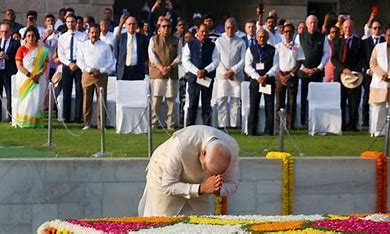
Women’s health encompasses the physical, mental, and social well-being of females, reflecting the multifaceted nature of their existence. It includes various aspects such as reproductive health, nutrition, mental well-being, and access to healthcare. Instilling certain principles from an early age is crucial to fostering robust health and happiness in young females.
Education plays a pivotal role in empowering girls with knowledge about their bodies, reproductive health, nutrition, and hygiene practices. This enables them to make informed decisions regarding their health and well-being. Advocating for gender equality and empowerment is essential to ensure girls have equal access to healthcare and opportunities for personal and professional development, fostering a sense of agency and self-worth.
In India, research and treatment initiatives in women’s health cover a wide array of areas, reflecting diverse health needs and challenges. Maternal and reproductive health are significant focuses, aiming to improve pregnancy outcomes, reduce maternal mortality rates, and enhance access to antenatal and postnatal care. Efforts also extend to addressing reproductive health issues like family planning, contraception, and sexually transmitted infections.
Non-communicable diseases (NCDs) such as cardiovascular disease, diabetes, and cancer are another area of focus. Research explores epidemiology, risk factors, and treatment outcomes, contributing to targeted interventions for prevention and management. Mental health is increasingly recognized as crucial, with initiatives aimed at reducing stigma and expanding access to mental healthcare services.
Efforts to address gender-based violence are gaining prominence, with research informing advocacy and support services for survivors. Advances in medical technology and pharmacotherapy contribute to improving outcomes for women across various health conditions. Specialized clinics focus on issues like breast cancer screening and menopausal management.
The CERVAVAC vaccine stands as an exemplar of bridging research, treatment, and prevention. By targeting high-risk strains of HPV, it offers defense against HPV infection and prevents cervical cancer. Building awareness about HPV and promoting vaccine acceptance is crucial in preventing associated health complications.
Integrating CERVAVAC vaccination into routine immunization schedules ensures equitable access for all women. In summary, India’s efforts in women’s health encompass a broad spectrum of endeavors, aiming to address diverse health challenges and enhance the well-being of its female population through interdisciplinary collaboration, technological advancements, and prioritization of women’s health as a public health imperative.
The author is the Managing Director at Navjivan Health Service.















